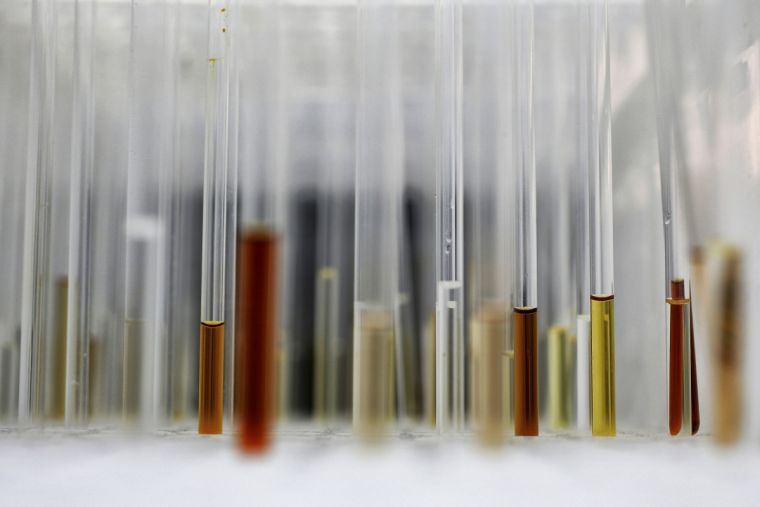Trainee vicars to get science lessons to help them understand the modern world

The Church of England is to send its trainee priests on science courses to ensure they understand the modern world properly.
The Church today launches a three-year project to improve its relationship with the world of science.
The biologist Richard Dawkins is among the many leading contemporary scientists who have led the charge against faith as not credible and even delusional.
The launch of the £700,000 project comes during British Science Week, a 10-day celebration of science, technology, engineering and maths. Scientists and theologians are to be brought together with Christian leaders as part of the three-year Durham University programme, which is funded by the Templeton World Charity Foundation and run in partnership with the Church of England.
The Church is inviting grant proposals of up to £10,000 for "scientists in congregations", and is seeking Christians who are also scientists to promote greater understanding of the relationship between science and faith.
In addition, more than 1,000 people training for Anglican ministry will be sent on science courses.
Bishop of Kingston Dr Richard Cheetham, one of those leading the programme, said: "It is absolutely vital to stimulate good conversation between science and theology.
"The prevailing idea that the two are in conflict is remarkably persistent despite the vast amount of excellent academic literature giving a very different view. The project aims to get a much deeper understanding of the relationship between science and theology deeply embedded in our churches and in the wider world."
The Rev David Wilkinson, professor in theology and religion at Durham University and an astrophysicist, who is also leading the programme, said: "Too often Christian leaders have felt that science is a threat or have felt a lack of confidence in engaging with it.
"This project is a significant commitment by Templeton World Charity Foundation and churches in England to take science seriously in what it means for theology and in valuing science as a gift.
"One of the things that we have been particularly interested in over the last few years is how we can help senior church leaders understand contemporary science and not see it as something to be fearful of, but something that can help theology."
A Templeton spokesman said: "Many church members are engaged in studies or professions which use science, all of them use technology based on science, they live in a culture which often views science as the route to knowledge, and science can be a fuel for faith and worship.
"It is therefore important to give church leaders the opportunity to learn about fundamental scientific principles and topical issues."
A US sociologist who last year published a study reporting that the majority of scientists are religious has now also claimed that seven in ten evangelicals do not believe religion and science are in conflict.
Elaine Howard Ecklund, director of Rice University's Religion and Public Life Program, told 200 scientists, pastors and others at an American Association for the Advancement of Science's event last week that the second wave of data from her research showed a high degree of acceptance of science among evangelicals.
Overall, 85 percent of Americans and 84 percent of evangelicals said modern science was doing good in the world. She also found however that six in ten evangelicals believe scientists "should be open to considering miracles in their theories."











